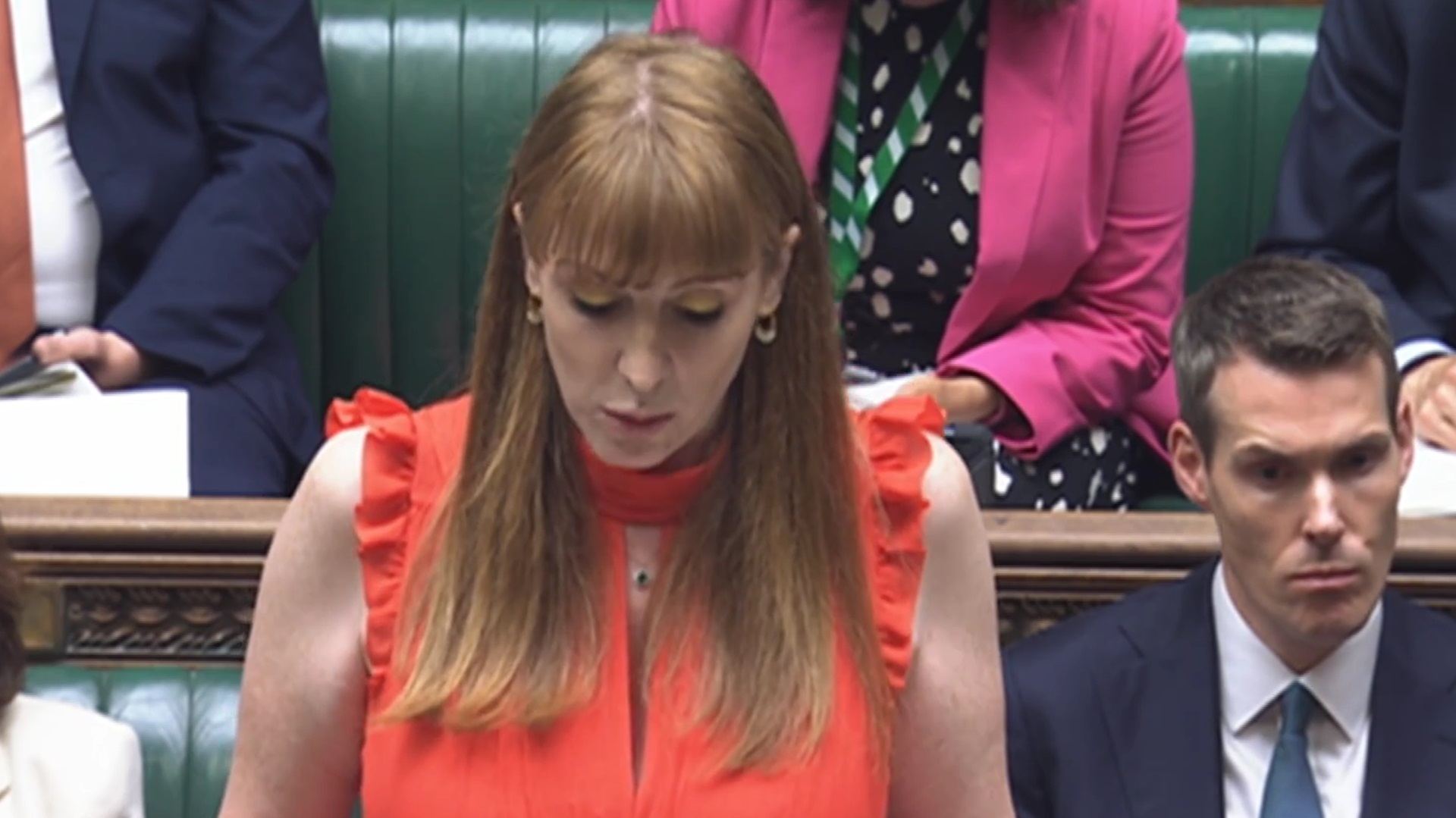“But while these reforms are necessary, they are not sufficient, as they rely too much on private sector delivery. If the government wants to build the 1.5 million more homes that Britain needs, there’s no alternative to direct intervention via greater public investment in affordable housing. That’s the only way Britain has built at scale in the past, and it’s crucial to delivering in the future too.”
The think tank report said making housebuilding targets mandatory – reversing a change made by the Tories last December – and changing the formula for setting targets should boost development.
Analysis found housebuilding targets have increased by nearly 50% on average across the most affordable half of local authorities under the new formula and just over 10% on average in the least affordable half, judging by house prices in relation to earnings.
That has seen housebuilding targets in London significantly reduced, which has sparked criticism from YIMBYs, although previous targets were unrealistic and more homes should be built under the new targets, the researchers said.
Labour has also promised to target brownfield land and low-quality green belt land, known as the grey belt, for development with reforms that could provide enough land to build over a million new homes.
The Resolution Foundation research found hitting 1.5 million new homes would require the use of underdeveloped land equivalent to the current grey belt. Or developers would have to build in higher density on brownfield and grey belt land, adding an additional storey onto around two in five new homes.
Advertising helps fund Big Issue’s mission to end poverty
The government has promised to invest in 300 new planning officers to tackle delays in obtaining planning permission as well as intervening in stalled projects.
The think tank said the new roles are “small fry” compared to the number of planning officers axed during the austerity years of the 2010s when numbers fell from 15,000 to 12,000.
An ageing and shrinking construction workforce also casts doubt on the ability to get Britain building. The share of construction workers aged over 50 has grown from one in four in 2005 to a third two decades later.
But Labour will be going against the lessons of the past if it is to deliver 1.5 million new homes.
Think tank researchers said two in five homes were built through the public sector in 1968 – the post-war housebuilding peak year.
Private developers can deliver an additional 8,500 affordable homes per year, the report said, which would be enough to return supply to levels seen in the 1990s.
Advertising helps fund Big Issue’s mission to end poverty
But the government will need to commit significant public spending to affordable housing in the upcoming Budget and spending review.
A significant increase in social housing is needed to end a housing crisis that has seen house prices soar beyond earnings, private rents hit new heights and a record number of families homeless and living in temporary accommodation.
Big Issue is among a number of housing organisations and charities who have called for more affordable and social housing to be built. Shelter has said that 90,000 social rent homes are needed every year for the next decade to tackle the housing crisis.
Labour has not set a public target for the number of social homes it hopes to deliver.
Announcing the government’s housing plans in July, housing secretary Angela Rayner called for a “council house revolution”.
She said: “Our decisive reforms to the planning system correct the errors of the past and set us on our way to tackling the housing crisis, delivering 1.5 million homes for those who really need them.”
Advertising helps fund Big Issue’s mission to end poverty
Do you have a story to tell or opinions to share about this? Get in touch and tell us more. Big Issue exists to give homeless and marginalised people the opportunity to earn an income. To support our work buy a copy of the magazine or get the app from the App Store or Google Play.










